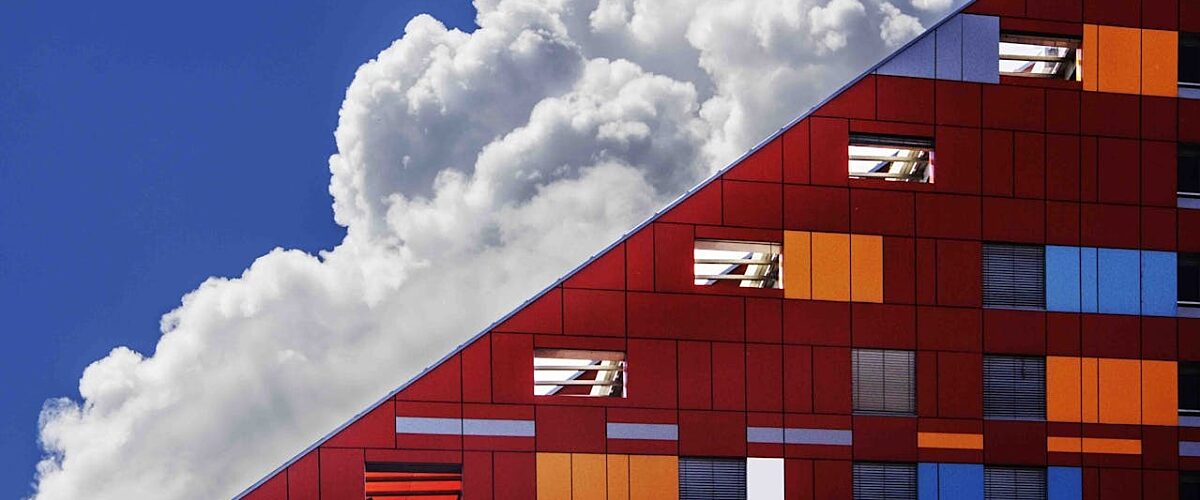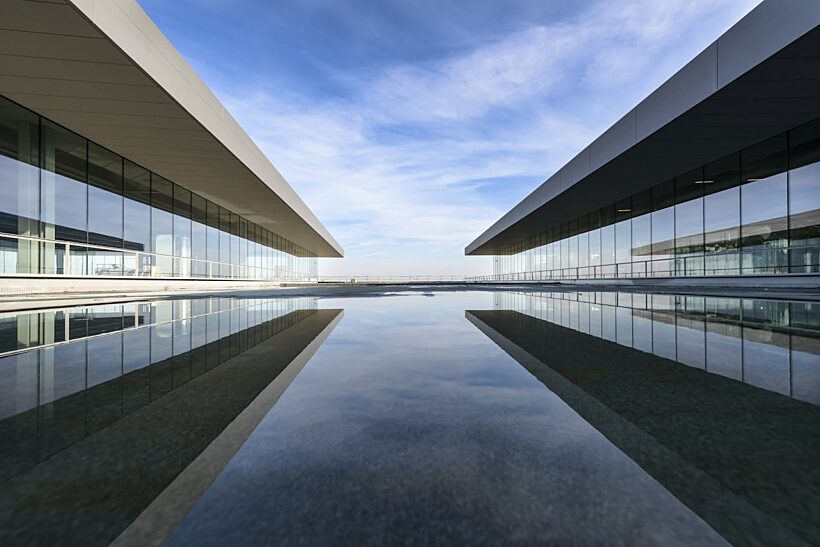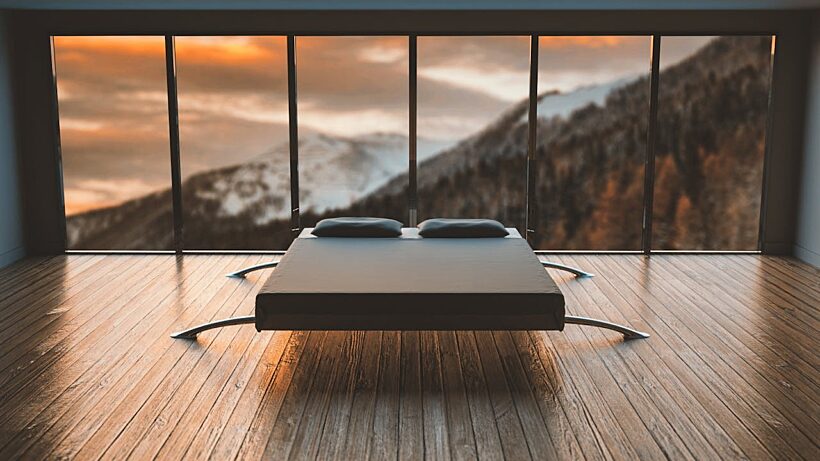
The future of smart homes: A glimpse into the next century
At Hestia Magazine, our editors most frequently hear questions such as "What will smart homes look like in a hundred years?" and "How will Smart home tech have improved even further?". We locked ourselves up for two hours and combined our expertise, passion and fantasy to create a glimpse into the future that might not be too far fetched after all.

The intelligent ecosystem
In the next century, the future of smart homes will evolve from today's connected devices to fully intelligent ecosystems. These homes will not just react to commands but will anticipate needs and adapt in real-time. Artificial intelligence (AI) will of course be the backbone of this transformation, enabling homes to learn from their inhabitants' routines, preferences, and even moods.
Imagine a home that senses your stress levels through biometric data from wearable technology (like a smart watch) or even through subtle changes in your voice and body language. In response, it might dim the lights, play soothing music, and adjust the temperature to create a calming atmosphere. Your home becomes a sanctuary that actively works to improve your well-being.
Hyper-connectivity and interoperability
Forget about Wi-Fi dead zones or compatibility issues. The future of smart homes will be built on ultra-fast, ultra-reliable quantum networks that make today's high-speed internet look like dial-up. Latency will be a thing of the past and bad connections during holographic calls won't even exist. Everything from your fridge to your front door will be interconnected, creating a seamless web of devices that communicate and cooperate with each other.
Interoperability will be a given. No more worrying about whether your new smart toaster can talk to your smart coffee maker. Standards will evolve to ensure that all devices, regardless of manufacturer, work together harmoniously. This will create a truly unified smart home experience, where each device enhances the functionality of others.

Sustainability at the core
As the world grapples with environmental challenges, the future of smart homes will be designed with sustainability in mind. These homes will be energy self-sufficient, utilizing advanced solar panels, wind turbines, and even kinetic energy from your daily activities to power themselves. Excess energy could be stored in next-generation batteries or even shared with the community grid.
Water conservation will also be a priority. Homes will recycle and purify wastewater, harvest rainwater, and use greywater systems for non-potable needs like irrigation. Smart systems will optimize water usage, ensuring that every drop is used efficiently.
Personalized living spaces
Customization will reach new heights in the future of smart homes. Walls embedded with flexible displays will allow you to change the aesthetics of any room with a simple voice command. Want to feel like you're in a cozy cabin one day and a sleek modern loft the next? Just say the word.
Furniture will adapt to your needs as well. Imagine a bed that adjusts its firmness based on your sleep patterns or a couch that changes shape to provide optimal support for different activities, from watching movies to reading a book.

Health and wellness
The future of smart homes will play a crucial role in health and wellness. Integrated health monitoring systems will keep track of vital signs, detect anomalies, and even predict potential health issues before they become serious. Your home could schedule a doctor's appointment or alert emergency services if necessary.
Fitness and nutrition will be seamlessly integrated into daily life. Kitchens will be equipped with appliances that recommend recipes based on your dietary needs, track nutritional intake, and even grow fresh produce in indoor gardens. Exercise equipment will be intelligent, offering personalized workouts and real-time feedback. And your sleep will never have been better with automated mattresses that focus on relieving key areas where you might feel discomfort.
Conclusion
The future of smart homes is an exciting blend of advanced technology, sustainability, personalization, and wellness. It's a space that doesn't just respond to your needs but anticipates and enhances your life in ways we can only begin to imagine. As we look forward to the next 100 years, one thing is clear: our homes will become not just places we live, but intelligent partners in our daily lives, creating environments that are as dynamic and unique as we are.
Got more questions for our editors?